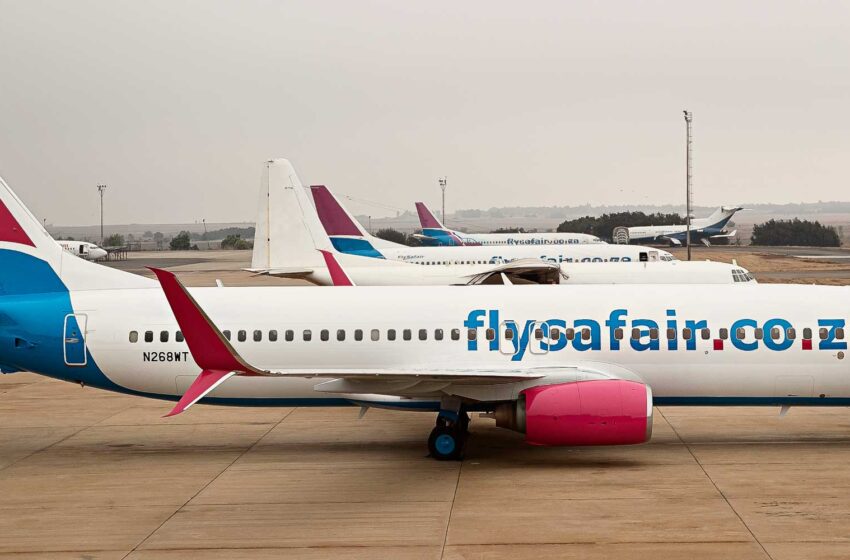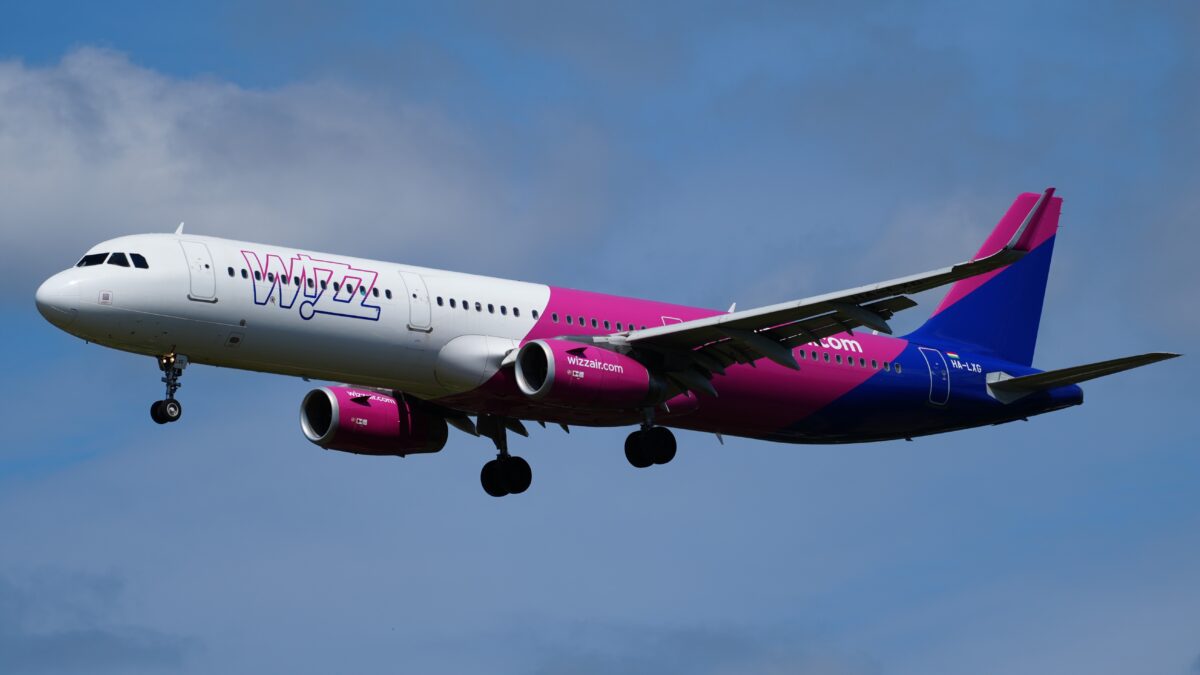FlySafair pilot strike in South Africa: What all travellers must know

FlySafair Strike
South Africa’s aviation industry has been shaken by an ongoing pilot strike at FlySafair, one of the country’s leading low-cost airlines. The dispute, led by pilots under the Solidarity union, centres around disagreements on salary increments and work schedules.
According to Solidarity, pilots are demanding a 10.5% increase in their base salary, which, when benefits and allowances are considered, amounts to a 22% rise in total cost-to-company compensation. However, FlySafair insists that its offer of a 5.7% base salary increase — translating to an 11.29% total compensation raise — is both competitive and well above South Africa’s current inflation rate. The airline maintains that agreeing to the union’s demands could compromise its long-term financial sustainability.
Beyond wages, pilots have also voiced growing frustration over scheduling and rosters that they claim are leading to burnout and strained family relationships. Many allege that the rostering system, introduced earlier this year, has significantly increased work pressure without proper rest periods. The result is not just about money, but a larger debate over working conditions and quality of life for frontline aviation professionals.
READ ALSO
FlySafair lockout grounds flights amid escalating pilot strike and wage
FlySafair strike over wages and working conditions: Travel disruptions loom
How Negotiations Collapsed and the Crisis Escalated
The conflict did not erupt overnight. Tensions have been simmering for months, especially since March 2024 when FlySafair introduced a new rostering system. Attempts to renegotiate schedules and wages through internal channels failed, prompting the union to initiate a formal strike process. Initially planned as a one-day strike, the action was escalated to a two-week industrial protest after FlySafair announced a lockout of participating pilots for seven days.
This move deepened the standoff, with Solidarity accusing the airline of being unwilling to engage in meaningful dialogue. While FlySafair publicly states that it remains open to negotiations and that it has engaged the Commission for Conciliation, Mediation and Arbitration (CCMA), the union maintains that the company has not shown genuine commitment to resolving the dispute. The CCMA is currently mediating the matter, but no resolution has been reached as of press time. This ongoing impasse has left both the airline and thousands of its passengers in limbo.
Flight Cancellations and the Impact on Operations
The strike has had a measurable impact on FlySafair’s operations, even though the airline claims to have contingency plans in place. As of July 21, 2025, about 12% of FlySafair’s scheduled domestic flights were cancelled due to the strike. This figure represents approximately 26 affected flights in one day alone. While the airline insists that it has scaled down its operations by 30% to better manage staffing shortages, significant delays and cancellations have occurred, especially on popular routes such as Johannesburg–Cape Town, Durban–Port Elizabeth, and East London–George.
Despite the operational strain, FlySafair states that the majority of its flights continue to run, aided by standby pilots and altered rosters. However, disruptions are not limited to cancelled flights. Many passengers have reported delayed departures, long wait times at help desks, and a general lack of communication regarding their rebooking options. The crisis has put enormous pressure on ground staff and exposed the vulnerabilities in South Africa’s low-cost aviation infrastructure.
How Travellers Are Being Affected
For many South African travellers, especially those relying on FlySafair for business trips, holidays, or urgent travel, the strike has been a nightmare. Dozens of passengers have found themselves stranded at airports, with limited notice of cancellations or delays. The ripple effect has extended beyond FlySafair, as passengers scramble to book seats on alternative carriers, leading to a surge in last-minute airfare costs across the board.
The uncertainty surrounding which flights will operate and which will not has left many feeling anxious and frustrated. Long queues have become common at FlySafair’s customer service desks, while overwhelmed call centres have struggled to address the flood of complaints and rebooking requests. With the strike set to last up to two weeks, more passengers are expected to be affected unless a breakthrough is achieved soon.
What Travellers Need to Do Now
Travellers scheduled to fly with FlySafair during the ongoing strike are advised to check their flight status regularly using the airline’s official website or customer service helpline. Those whose flights are affected by cancellations can choose to rebook for a later date at no additional charge, apply for a full refund, or accept a voucher valid for twelve months. The airline has also sent out SMS and email notifications to affected customers, though many report delays in receiving updates.
Given the volatile situation, it is advisable for travellers to arrive early at the airport, even if their flight is still listed as scheduled. Many are turning to social media and WhatsApp travel groups for real-time updates and tips from fellow passengers. If the trip is essential, some have had no choice but to switch airlines at a premium cost. Others, especially those with flexible schedules, are choosing to postpone travel altogether until operations stabilize.
The Role of Authorities and Industry Stakeholders
As public frustration mounts, the role of South Africa’s aviation and labour authorities has come under scrutiny. The Commission for Conciliation, Mediation and Arbitration (CCMA) has stepped in to mediate the dispute, invoking Section 150 of the Labour Relations Act. However, Solidarity has accused FlySafair of refusing to fully cooperate with the mediation process, a claim the airline denies. It insists that it remains actively engaged with all parties involved in seeking a resolution.
Airports Company South Africa (ACSA) has been coordinating with airlines to manage passenger flow and provide support to affected travellers. Meanwhile, aviation analysts have warned that prolonged industrial actions like this one could erode public trust in low-cost carriers and destabilize domestic tourism. Industry watchdogs have called on the Department of Transport and the Department of Labour to ensure that a fair, swift, and sustainable resolution is reached before the situation worsens.
Looking Ahead: Will the Crisis Be Resolved Soon?
While the CCMA continues its mediation efforts, both FlySafair and Solidarity remain firm on their positions. Unless one side makes a significant concession, the impasse could persist well into the coming weeks. This raises fears that South Africa could face continued flight disruptions, which would particularly impact regional tourism, school holiday travel, and corporate mobility.
Passengers are advised to remain flexible and continue monitoring developments closely. If the mediation fails, the strike could extend beyond the initial two-week window, forcing even greater disruptions and potential job losses in the broader travel ecosystem. As things stand, FlySafair’s crisis is a powerful reminder of the delicate balance between cost-saving airline business models and the essential rights and wellbeing of their workers.




